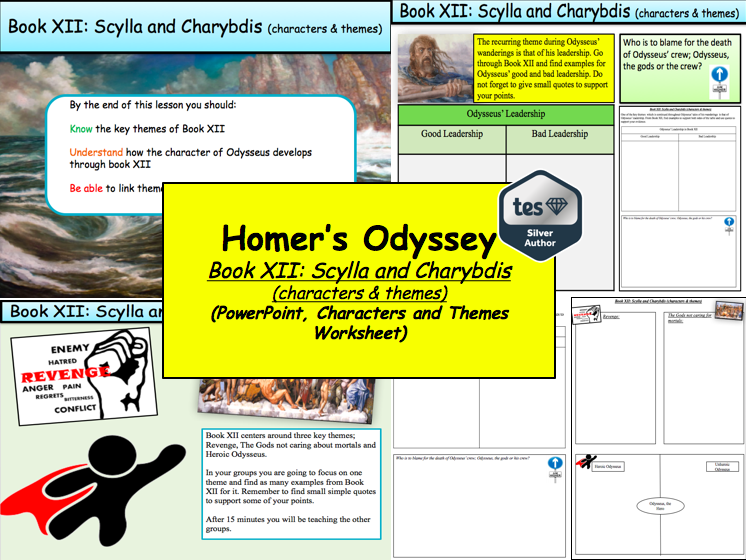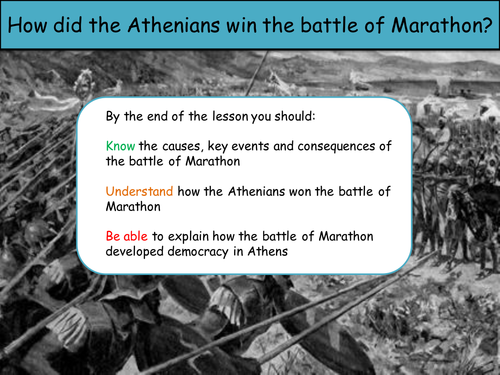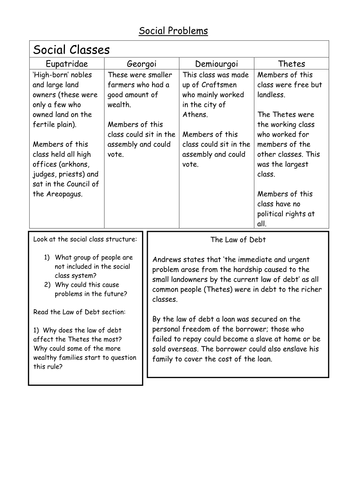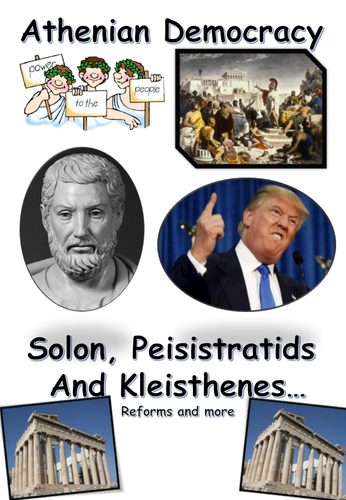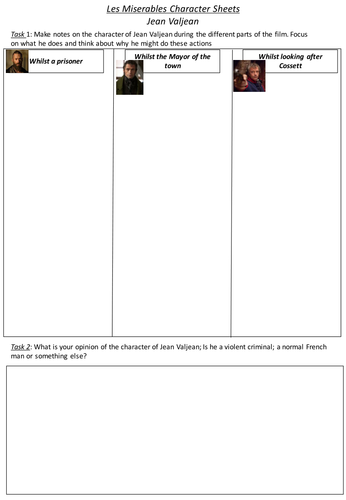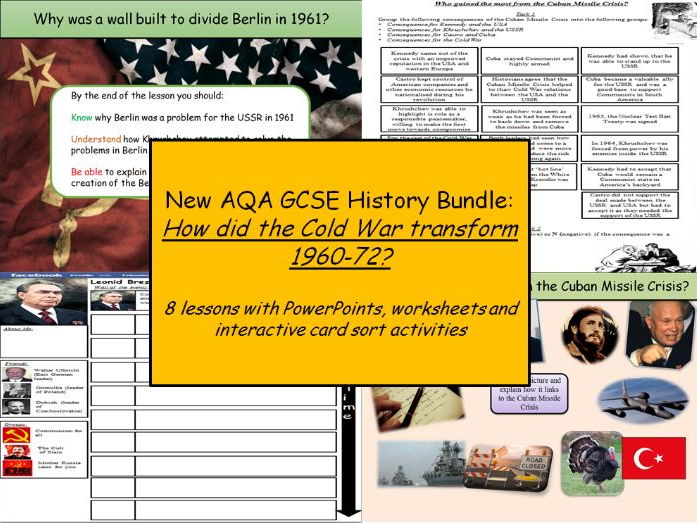Matthew_Nolan's Shop
I have been teaching since 2012 and have a passion for creating interactive resources which can easily be differentiated. I enjoy making PowerPoints to engage pupils in my lessons and ensure that all the tasks are relevant and exciting to the topic being taught. I teach History, Classical Civilisations, PSHCE and General Studies. In addition to this I am also the Career Coordinator at my school and have begun creating numerous schemes of work for Years 7,8 and 9 and drop down days.











